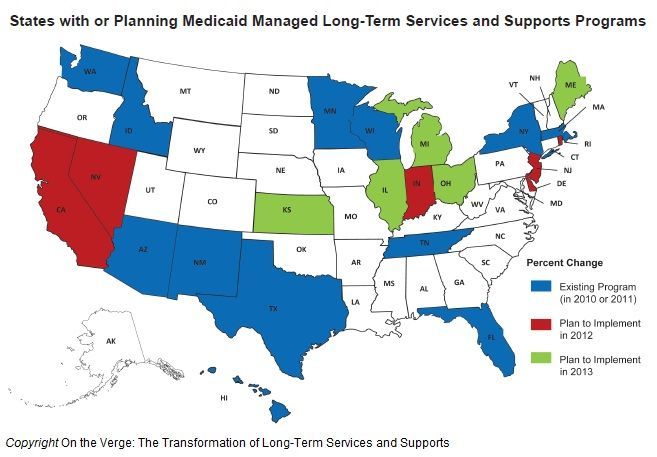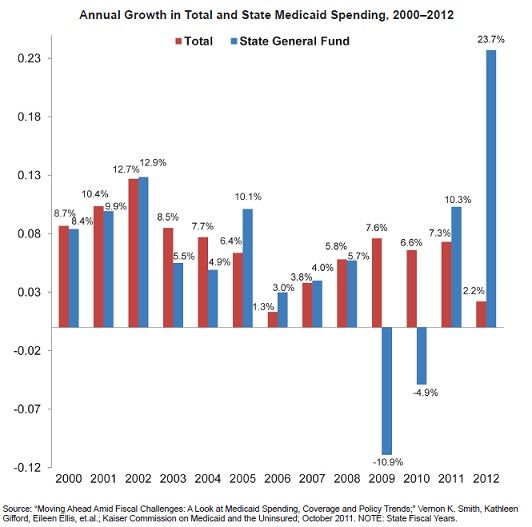- Revenue Cycle Management
- COVID-19
- Reimbursement
- Diabetes Awareness Month
- Risk Management
- Patient Retention
- Staffing
- Medical Economics® 100th Anniversary
- Coding and documentation
- Business of Endocrinology
- Telehealth
- Physicians Financial News
- Cybersecurity
- Cardiovascular Clinical Consult
- Locum Tenens, brought to you by LocumLife®
- Weight Management
- Business of Women's Health
- Practice Efficiency
- Finance and Wealth
- EHRs
- Remote Patient Monitoring
- Sponsored Webinars
- Medical Technology
- Billing and collections
- Acute Pain Management
- Exclusive Content
- Value-based Care
- Business of Pediatrics
- Concierge Medicine 2.0 by Castle Connolly Private Health Partners
- Practice Growth
- Concierge Medicine
- Business of Cardiology
- Implementing the Topcon Ocular Telehealth Platform
- Malpractice
- Influenza
- Sexual Health
- Chronic Conditions
- Technology
- Legal and Policy
- Money
- Opinion
- Vaccines
- Practice Management
- Patient Relations
- Careers
States Restructure Long-Term Services and Supports
Facing continue budget pressures from the economic downturn, states are restructuring the way they deliver long-term services and supports.
Facing continuing budget pressures, more and more states are restructuring the way they deliver long-term services and supports for older Americans, according to a report.
The joint report by AARP, the National Association of States United for Aging and Disabilities, and Health Management Associates, showed that while 12 states currently deliver services on a capitated basis, 11 others are planning to implement Medicaid managed long-term services and supports (LTSS) in 2012 or 2013.
Those states looking at 2012 are California, Delaware, Indiana, Nevada, New Jersey and Rhode Island. Those for 2013 are Illinois, Kansas, Maine, Michigan and Ohio.

AARP senior vice president Susan C. Reinhard, who directs the Public Policy Institute, offers that states should proceed with these plans with caution.
“While many states are hopping on the managed long-term care train they need to understand that while it is a model with great promise, it also poses real risks for what is a particularly vulnerable group of individuals,” she said in a statement.
Although many states are still facing budget constraints, they’re also witnessing an increased demand for publicly funded LTSS as the number of older adults and persons with disabilities in need of these services increases. As a result of the Great Recession, many states had made cuts to non-Medicaid LTSS funded services.

There is a transition happening from offering LTSS in nursing homes to serving individuals in their homes or their communities. According to the report, states are using the recession and its aftermath as an opportunity to balance services from institutional settings to non-institutional ones.
“As states continue to experience the impact of the recession, they also continue to respond to these challenges in a variety of ways, seeking to preserve current service levels in an environment of decreased funding and increased demand,” said Martha Roherty, executive director of NASUAD.
